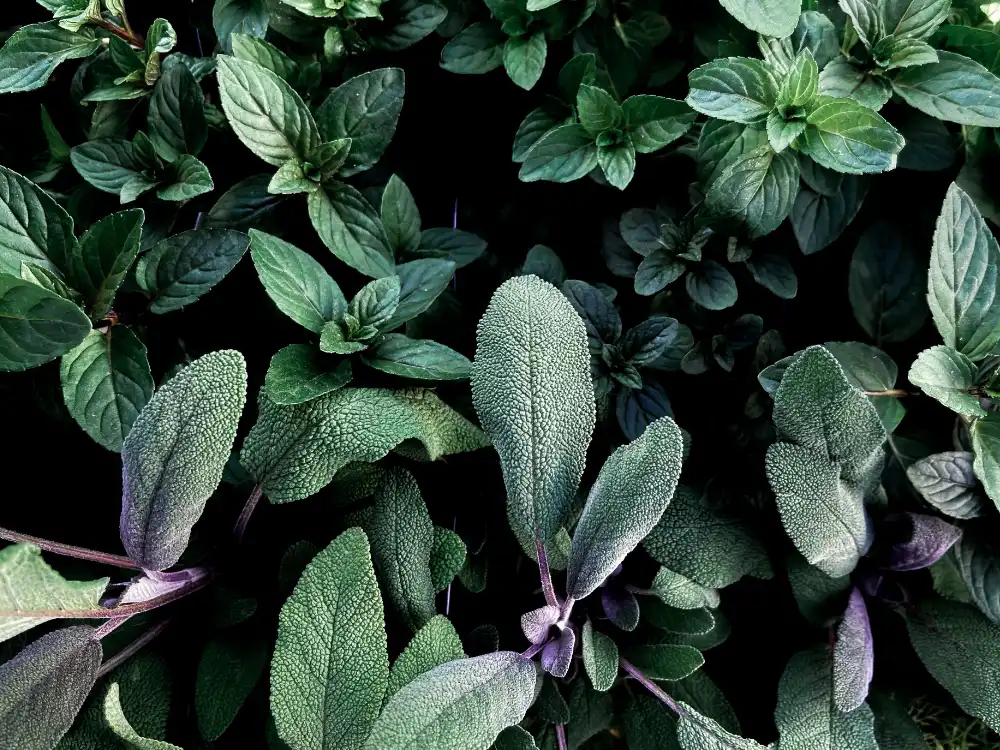Herb Gardening
What and Why: Herbs That Should Not Be Planted Together
When it comes to planning your herb garden, it’s important to consider which herbs should not be planted together. While herbs are generally easy to grow and can be planted in close proximity to one another, some combinations can hinder their growth or even harm them. In this blog post, we will explore the herbs that should not be planted together and provide you with some helpful tips for planning your herb garden.
1. Mint and Other Herbs
Mint is a vigorous herb that tends to spread quickly and take over other plants in the garden. Therefore, it is best to plant mint in a separate container or in a designated area of your garden to prevent it from overpowering other herbs. Mint can also hybridize with other herbs, altering their flavor and characteristics.
2. Dill and Fennel
Dill and fennel are both members of the Apiaceae family and can cross-pollinate if planted too closely together. This can result in hybrid plants with undesirable characteristics. To avoid this, it is recommended to plant dill and fennel in separate areas of your garden or at least 100 feet apart.
3. Basil and Rue
Basil and rue should not be planted together as they can have a negative effect on each other’s growth. Rue produces a chemical compound that can inhibit the growth of basil. It is best to keep these two herbs separate to ensure their optimal growth and flavor.
4. Cilantro and Fennel
Cilantro and fennel should not be planted together as they can cross-pollinate and affect each other’s flavor. Cilantro is a cool-season herb, while fennel prefers warmer temperatures. Planting them together can result in poor growth and undesirable flavor.
5. Rosemary and Basil
Rosemary and basil have different water and sunlight requirements. Rosemary prefers drier soil and full sun, while basil needs moist soil and partial shade. Planting them together can lead to poor growth and potential disease issues. It is best to give each herb its own space to thrive.
6. Sage and Cucumbers
Sage and cucumbers should not be planted together as they can have an adverse effect on each other’s growth. Sage contains volatile oils that can inhibit the growth of cucumbers. It is recommended to keep these herbs separate to ensure their optimal growth.
7. Thyme and Lavender
Thyme and lavender are both drought-tolerant herbs that require well-drained soil. However, lavender prefers a more alkaline soil pH, while thyme prefers a slightly acidic pH. Planting them together can result in nutrient imbalances and hinder their growth. It is best to give each herb its own space with the appropriate soil conditions.
By being mindful of which herbs should not be planted together, you can ensure the optimal growth and flavor of your herbs. Consider the specific needs of each herb and plan your herb garden accordingly. Remember to provide adequate spacing between herbs to allow for proper air circulation and prevent overcrowding.






